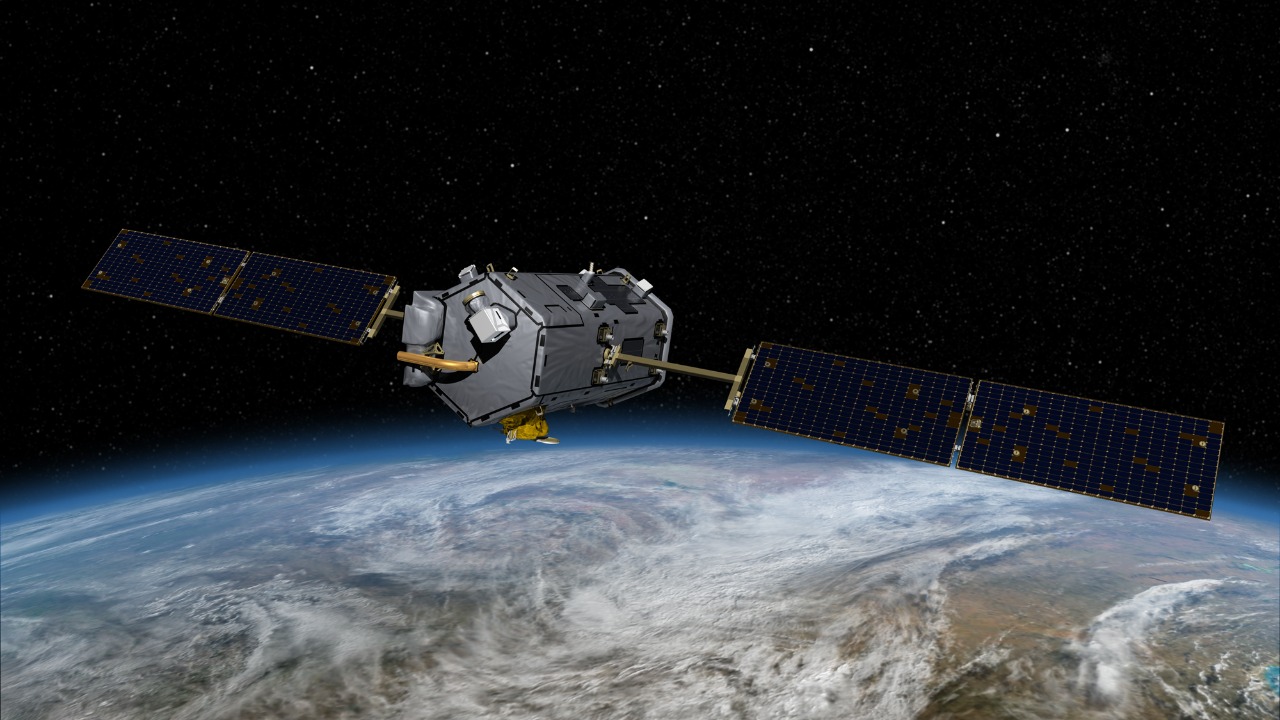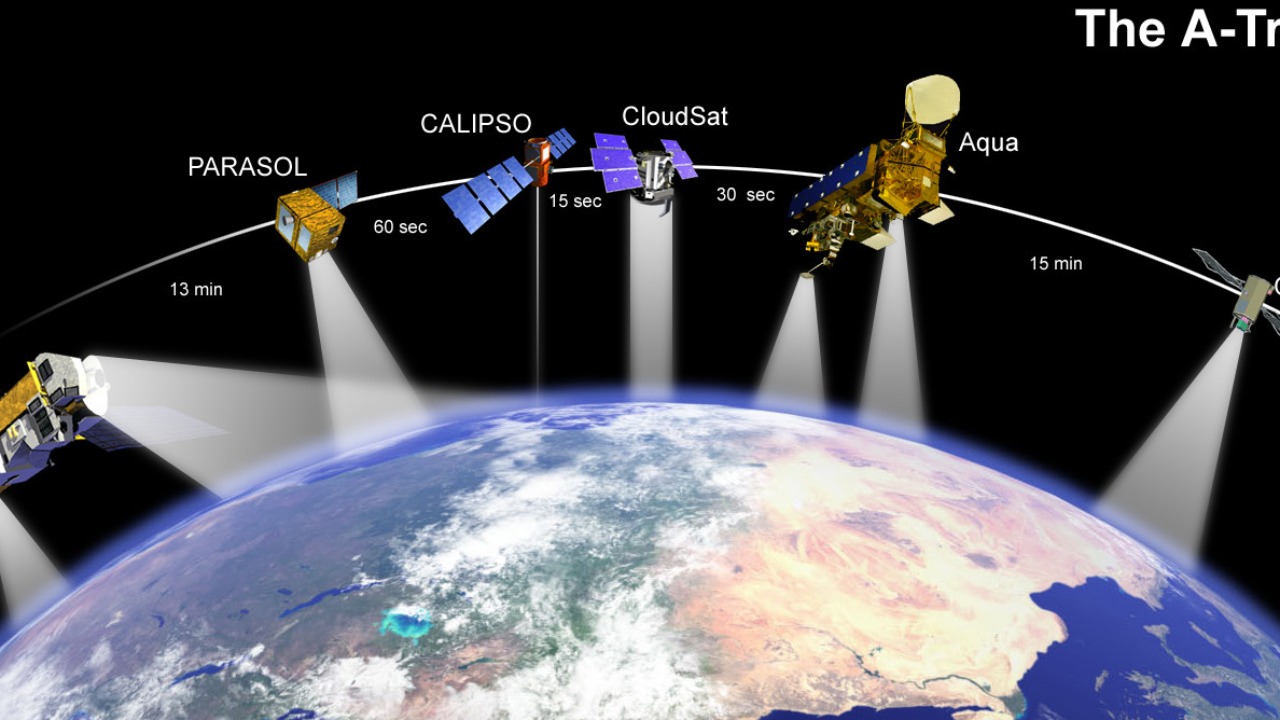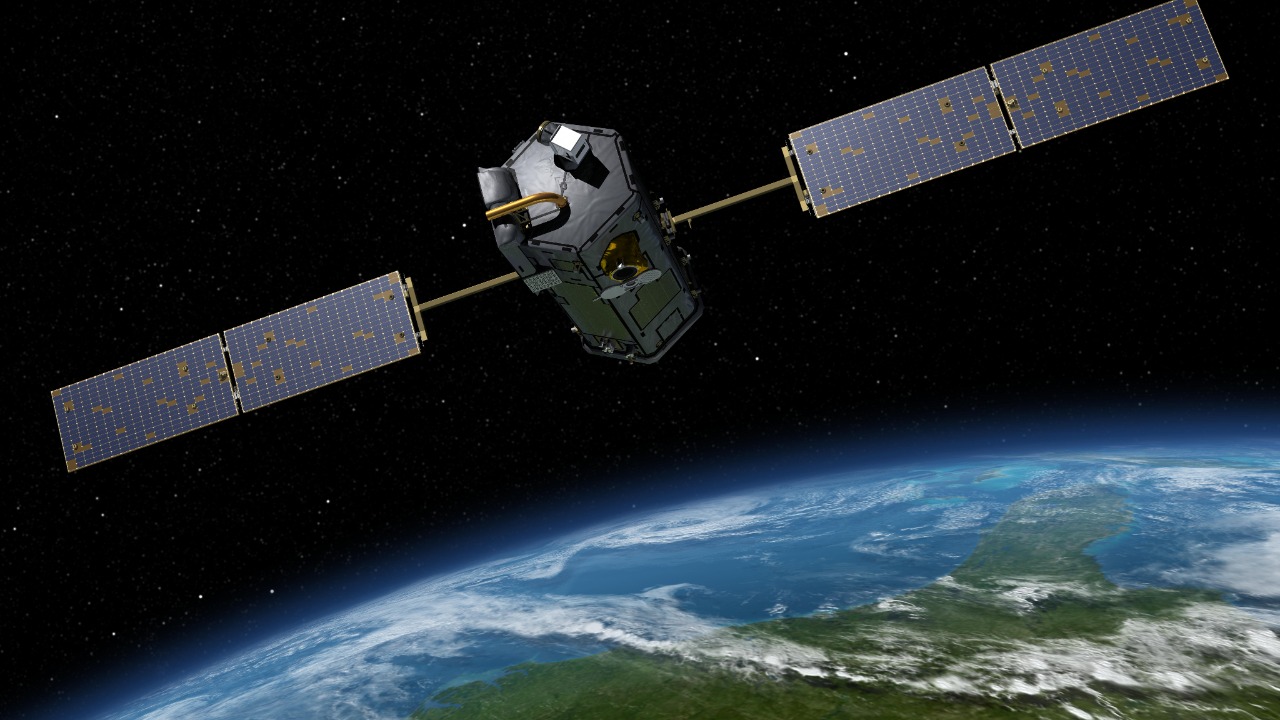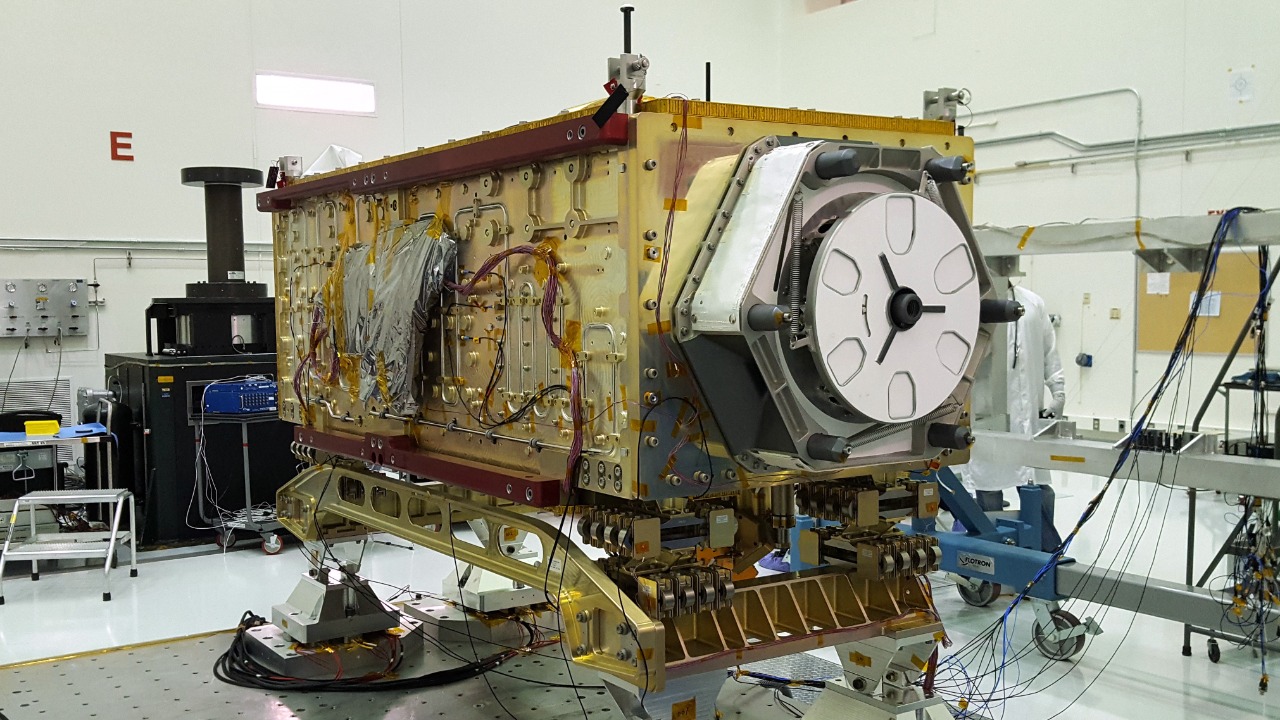In a controversial move, NASA has reportedly been instructed to decommission and destroy the Orbiting Carbon Observatory (OCO) satellite, a crucial tool in climate research. This decision has sparked significant backlash from scientists and environmentalists, who argue that it undermines efforts to monitor global carbon levels and climate change.
Background on the OCO Satellite

Purpose and Mission
The Orbiting Carbon Observatory (OCO) satellite has been pivotal in measuring atmospheric carbon dioxide, a key factor in understanding climate change. Launched with the mission to provide precise data about carbon dioxide levels, OCO plays a critical role in climate modeling and policy-making. Its high-resolution data helps scientists track carbon emissions globally, offering insights into how human activities and natural processes affect the Earth’s carbon cycle.
By capturing detailed measurements of carbon dioxide concentrations, the OCO satellite supports international climate research efforts and informs policy decisions aimed at reducing greenhouse gas emissions. The information it gathers is crucial for assessing the effectiveness of carbon reduction strategies and meeting international climate goals.
Historical Significance
The development and launch of the OCO satellite came after facing several challenges, including a launch failure in 2009 that resulted in the loss of the original satellite. However, perseverance paid off, and NASA successfully launched OCO-2 in 2014. Since then, it has significantly contributed to our understanding of global carbon cycles and the role of various regions and ecosystems in carbon sequestration.
The data provided by the OCO satellite has been instrumental in mapping carbon sources and sinks, offering a clearer picture of how forests, oceans, and other natural systems interact with atmospheric carbon dioxide. This information is vital for understanding the dynamics of climate change and the effectiveness of mitigation efforts.
The Controversial Order

Details of the Directive
The reported order from the White House to dismantle the OCO satellite has raised eyebrows within the scientific community. According to various sources, including Irish Star, this directive comes amid broader discussions about climate policy and environmental regulation. The legal and procedural implications of such an order are complex, as it may conflict with existing commitments to international climate agreements and scientific collaborations.
The directive has prompted questions about the rationale behind dismantling a satellite that has been providing invaluable data for climate research. Some experts argue that this move could set a troubling precedent for scientific independence and environmental policy-making.
Reactions and Responses
The directive has elicited strong reactions from the scientific community, environmental groups, and international stakeholders. Many have expressed concern that the decision undermines efforts to monitor and combat climate change. Public outcry and protests have emerged, highlighting the potential impact on climate research and the broader implications for global climate policy.
Environmentalists and scientists have taken to social media and other platforms to voice their objections. A tweet from IFLScience reflects the widespread disbelief and frustration within the community. The decision has been labeled as shortsighted and detrimental to ongoing efforts to address the climate crisis.
Implications for Climate Science

Loss of Critical Data
The potential destruction of the OCO satellite raises significant concerns about the loss of critical data for climate research and monitoring. The satellite’s measurements provide essential information for tracking carbon emissions and understanding their impact on global warming. Without this data, scientists may face challenges in accurately modeling climate scenarios and developing effective mitigation strategies.
The gap left by the OCO satellite could hinder global efforts to track and mitigate climate change, as its data are crucial for assessing progress toward international climate goals. The scientific community is concerned that the loss of this resource could slow down advancements in climate research and policy-making.
Long-Term Effects
The decision to dismantle the OCO satellite could have long-term effects on future satellite projects and scientific research priorities. The move raises questions about the future of climate monitoring and the role of government oversight in scientific endeavors. It also highlights the need for robust and independent scientific institutions that can withstand political pressures.
International climate agreements and collaborations might be affected by this decision, as countries rely on shared data and information to develop coordinated responses to climate change. The potential loss of the OCO satellite could strain these relationships and hinder progress toward global climate goals.
Political and Ethical Considerations

Motivations Behind the Order
Analyzing the political motivations and possible agendas driving the decision to destroy the OCO satellite reveals complex dynamics at play. Some speculate that the directive may be influenced by political considerations or pressure from industries opposed to stringent climate policies. A report from Perplexity.ai suggests that political agendas might be prioritizing short-term economic interests over long-term environmental sustainability.
Ethical concerns have been raised by scientists and environmental advocates, who argue that dismantling the satellite undermines efforts to address the global climate crisis. The decision has sparked debates about the moral responsibility of governments to support scientific research and protect the environment for future generations.
Legal and Policy Challenges
The order to dismantle the OCO satellite could lead to legal challenges from advocacy groups and environmental organizations. These groups may argue that the directive violates existing commitments to climate research and international agreements. The complexities of legal and policy frameworks surrounding environmental decisions highlight the need for transparent and accountable governance.
Government oversight in scientific and environmental policy decisions is crucial for ensuring that actions align with public interest and global commitments. The dismantling of the OCO satellite raises questions about the role of oversight and accountability in shaping environmental policies and scientific priorities.
Future of Climate Monitoring

Alternative Solutions and Next Steps
In light of the potential loss of the OCO satellite, the scientific community is exploring alternative solutions to continue monitoring atmospheric carbon dioxide. Options include leveraging data from other satellites, deploying new technologies, and enhancing international collaborations to fill the gap left by the satellite’s destruction.
Efforts are being made to ensure that the functions of the OCO satellite can be replaced or supplemented by other means. The feasibility of these alternatives will depend on funding, technological advancements, and international cooperation. The scientific community is committed to finding solutions that maintain the integrity of climate research and monitoring.
The Path Forward for NASA and Climate Science
As NASA navigates this challenging situation, the future of its climate research programs will be shaped by political pressures and funding decisions. The agency’s commitment to advancing scientific understanding of climate change remains unwavering, even in the face of potential setbacks.
International cooperation will be vital in maintaining robust climate monitoring systems and addressing the challenges posed by the potential loss of the OCO satellite. Collaborative efforts can ensure that the global community continues to make progress toward a sustainable and climate-resilient future.